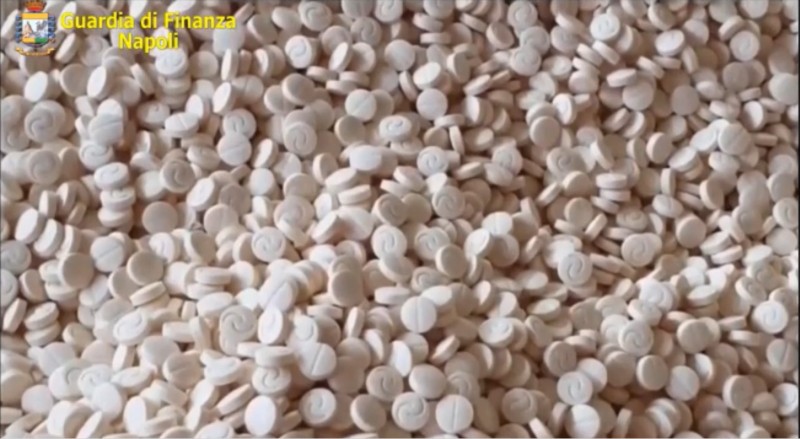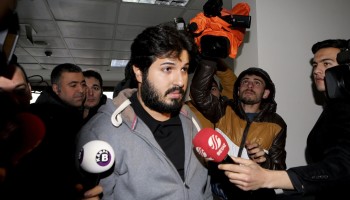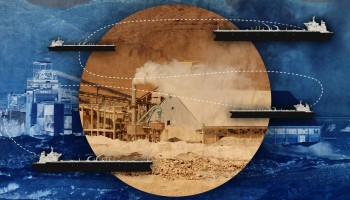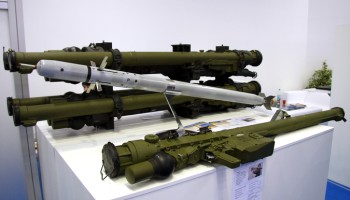On July 1, OCCRP reported that police in the Italian port of Salerno, near Naples, had discovered more than 14 tonnes of the drug captagon, with a street value of around 1 billion euros, hidden inside a shipping container.
Authorities initially said that the largest shipment of amphetamines ever seized had been manufactured by the militant extremist organisation Islamic State.
However, media like Germany’s Der Spiegel beg to differ. According to a research conducted by the magazine, the real culprit is the family network of Syria President Bashar Al-Assad.
Samer Kamal Assad, the president’s paternal cousin, is presumed to be running one of many captagon factories in the village of al-Basa, south of Latakia.
This was confirmed to OCCRP by sources familiar with the country’s maritime industry, political establishment and business community, except they pointed to another factory he runs in the Upper Qalamoun Mountains, on Syria’s western border with Lebanon.
The area, under the control of the Assad regime, stretches from northern Damascus to the city of Homs.
Samer Kamal al-Assad is reportedly a wealthy businessman, with a diverse range of corporate outfits under his mantle, significant interests in land development, the maritime sector and a long-standing record of smuggling.
The Qalamoun region is one of the regime’s most firmly-held strongholds, guarded by security forces under the charge of none other than the president’s brother, Mahir al-Assad. The pro-Syrian, pro-Iran Hezbollah party in control of large swathes of this border territory.
Maher al-Assad’s control also extends over the coastal cities of Latakia and Tartous, which with their abundance of official and unofficial ports have long been a hotbed for the smuggling of illegal goods into and out of Syria. It is from this area that the recent shipment is believed to have left Syria.
“This region is totally under the rule of the regime. It is all guarded by Maher al-Assad’s troops, and nothing leaves the area without their approval. It is a huge source of income for them and to fund militias under their control,” one source inside Syria told OCCRP.
“Small-scale fishermen regularly see speed boats going from illegal ports along the coastal line to big vessels moored further out at sea. One of these they call the boss’s boats - everyone knows that it’s the operation of Maher and all smuggler groups that support the regime” he added.
Another source, speaking on condition of anonymity, told OCCRP that the smuggler “intentionally placed the sign of ISIS on the captagon pills that were seized in Italy to distract attention away from the regime”.
Syrian security experts say ISIS fighters are present in eastern Syria, 700 Km away from the Syrian coast. “ISIS never had access to the sea, and if they ever want to deliver anything to the coastal areas it will have to be with the knowledge of the regime,” said one expert.
It is not the first time the Assad family have been implicated in alleged drug smuggling.
Back in April, Der Spiegel reported that Egyptian authorities had seized hashish secreted away in milk cartons produced by a company owned by Rami Makhlouf, a prominent businessman and maternal cousin of the president.






